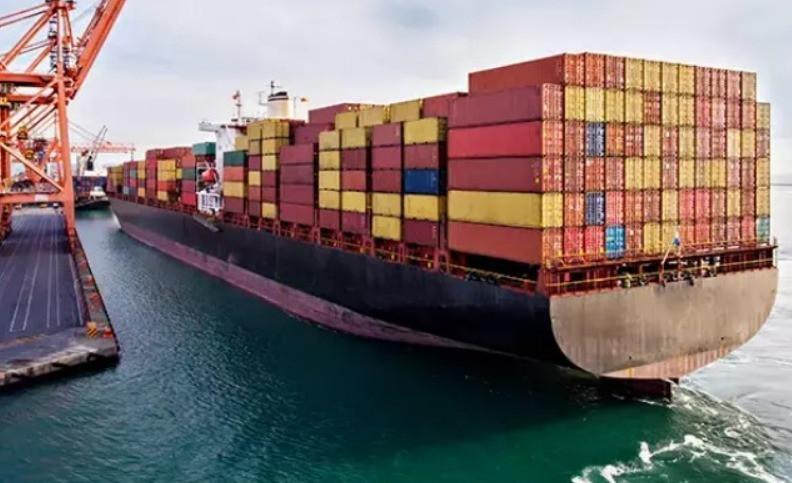
Türkiye's product safety record in its exports abroad, particularly to Europe, has deteriorated.
Recent inspections have found that textiles sent to Canada that were supposed to be "flame retardant" did not meet these requirements; honey exported to the EU was suspected of being adulterated; aflatoxin was found in nuts exported to Australia, Brazil and Japan; and lead was found in shoes exported to Syria, Mali and Iraq at levels that pose a risk to human health.
The Turkish Exporters' Assembly (TİM), in a warning to exporters based on a letter from the Trade Ministry, stated that it has received numerous allegations that exported products are not safe.
“These allegations, some of which include the findings of the competent authorities of the exporting countries, are increasing day by day, raise doubts about the quality and safety of our export products and seriously damage the image of ‘Made in Türkiye’ abroad,” TİM said.
“In addition to damaging the image of ‘Made in Türkiye,’ this situation also poses a threat to the health and safety of people, raises questions about the products supplied to the domestic market and some cases reported in the press have caused concern among public opinion,” it added.
It was reported that allegations regarding exported products will be investigated through international information exchange and sanctions will be imposed if deemed necessary.
Since April 2021, according to the evaluation of products originating from Türkiye, the increase in notifications of unsafe products has been noted, and it was emphasized that this situation may bring criticism to Türkiye's product safety system and have a negative impact on exports.
According to the legislation harmonized with the European Union, all products are inspected at the production stage and then supplied to the domestic market or for export. Inappropriate products that are overlooked are detected abroad by a system called RAPEX.
According to the legislation, products returned from export cannot be placed on the domestic market. These products must be destroyed by the producer.
Safety inspections of products supplied to the domestic market are carried out by nine different public institutions under the coordination of the Trade Ministry within the framework of market surveillance and inspection.
Various penalties, including administrative fines, are imposed on products found to be in violation of the Product Safety and Technical Regulations Law. Penalties are also imposed on non-compliant products exported or intended for export to EU member states.